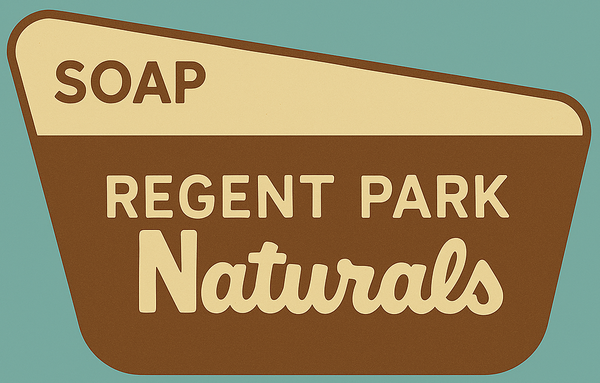
Upgrade Your Soap Game with Stinging Nettles: Here's How
Share
Nettles, also known as stinging nettles, are a plant that have been used for centuries for their medicinal and therapeutic properties. In addition to their many health benefits, nettles can also be used in soap making to create a luxurious, nourishing bar.

Nettles are rich in vitamins and minerals, making them a great addition to soap. They are particularly high in iron, calcium, and silica, which can help to strengthen the hair, skin, and nails. Nettles also contain antioxidants, which can help to protect the skin from environmental damage.
To use nettles in soap making, you will need to create a nettle infusion. To do this, you can either steep fresh or dried nettles in hot water for several hours, or you can make a cold infusion by soaking the nettles in cold water for several days. Once your infusion is ready, you can strain out the nettles and use the liquid in your soap recipe.
Nettles can be added to your soap recipe in a variety of ways. You can use the nettle infusion as your liquid in place of water or milk. You can also add dried nettles to your soap base for a bit of texture and visual interest. Another option is to infuse your oil with nettles by steeping them in the oil for several weeks before using it in your soap recipe.
Stinging nettle has been found to have significant antioxidant properties. Antioxidants are compounds that can protect cells from damage caused by harmful molecules called free radicals. Free radicals can be produced in the body as a result of normal metabolic processes, but they can also be generated by environmental factors such as pollution and UV radiation.
The antioxidant properties of stinging nettle are due to its high content of polyphenols, which are a type of plant compound that have been shown to have a range of health benefits. Polyphenols have been found to scavenge free radicals and prevent oxidative damage to cells. This can help to reduce the risk of chronic diseases such as cancer, heart disease, and diabetes.
In addition to its polyphenol content, stinging nettle also contains other antioxidants such as carotenoids and vitamin C. Carotenoids are pigments found in plants that can help to protect the skin from UV damage, while vitamin C is a powerful antioxidant that can help to boost the immune system.
Overall, the antioxidant properties of stinging nettle make it a valuable ingredient in natural health and skincare products. By incorporating stinging nettle into your diet or using it in your skincare routine, you may be able to benefit from its ability to protect cells from damage and promote overall health and well-being.
